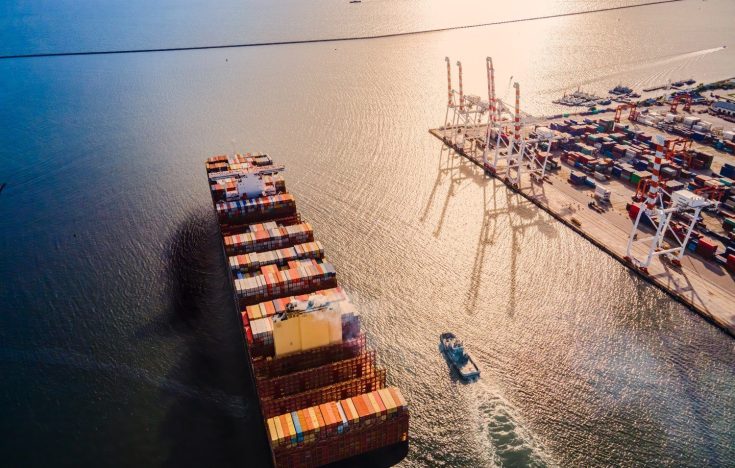This transaction sets a new benchmark for the shipping industry to contribute to the UK sustainability agenda. The BNP Paribas team behind this deal explains in details how and why this ESG SONIA (Sterling Over Night Index Average) swap repack is key for the market.
How did BNP Paribas and Aviva work together to support ABP’s transition and finance needs?

BNP Paribas
Aviva is one of the most sophisticated investor in the space of derivatives repackaging and benefit from a clear framework for ESG investing. The flexibility provided by the structure – especially in the handling of specific insurance regulatory clauses without conflicting with ABP objectives – was clearly valued by Aviva. The ability to provide clear feedback on the measurement of the ESG benefits and to introduce third-party verification agents helped deliver value-add for ABP.
This ESG SONIA swap repack mandate looks unlike anything we’ve seen before. How does it work and why is it unique?

BNP Paribas
This transaction is unique as it is the first time we have used BNP Paribas’ proprietary repacking technology for a nominal interest rate swap. In short, it means that it enables BNP Paribas to share derivative exposure with institutional investors.

It is also the first SONIA-linked corporate repack in the market that we are aware of and the first ESG-linked derivative corporate repack with an institutional investor. I think what is interesting about this transaction is its associated efficient cash flow structure that helped minimise costs for ABP.
Deal’s key features
As part of the deal, a discount is offered to ABP on its hedging rate, provided it meets certain ESG KPIs including a significant reduction in combined Scope 1 and Scope 2 emissions by 2030, building on the 36% reduction it has already achieved in absolute greenhouse gas emissions since 2014.
Why is port infrastructure important in the acceleration of the shift to net-zero in the UK?

BNP Paribas
ABP’s port infrastructure is key to the acceleration of net-zero in the UK for several reasons: The locations of its ports next to important industrial sites allows ABP to work with its clients to develop energy saving facilities both for the ports and the companies themselves. Due to the significant size of its port estate, ABP is able to repurpose its facilities to deploy solar and wind sources of energy at its own sites for its own use.
ABP has attractive locations for this further investment in alternative energy for expansion into carbon capture, hydrogen production, energy from waste etc. ABP also offers access to its sites via railways thus reducing road usage.
How do you see the evolution of the rates market integrating sustainable finance?

BNP Paribas
Sustainable finance is not limited to green bonds. Derivatives have a key role to play and there is scope for further innovation in this field requiring an open mind-set across banks and investors. Since our first ESG-linked derivative, traded in 2018 we have focussed on developing new products and opportunities. This transaction is one of those and a great example of how derivatives can be used as a flexible tool to accompany our clients on their sustainable journey.
Do you expect to see an increase in the sustainability-linked derivatives market over the coming months?

BNP Paribas
These past few years, we’ve seen investors increasingly looking for transparency in regards to their corporate transition strategies, thus taking a particular interest in KPI-linked products such as KPI-linked bonds. The ESG-linked derivative market is still a nascent one but it shows how sustainable finance is expanding to all parts of the financial markets, encouraging corporates to strengthen their sustainability agenda. This is why I believe that it will only continue to grow in the years to come.

Incentivising the net zero transition through finance can be a powerful mechanism to accelerate both the corporate and investor decarbonisation trajectory. This innovative transaction in a major sector like UK transportation highlights the value of sustainable finance extending into the derivatives market, whilst also demonstrating the need to support corporates such as ABP in holistically integrating transition targets into their financing needs.
Matthew Ponsonby, Head of Global Banking
BNP Paribas UK
